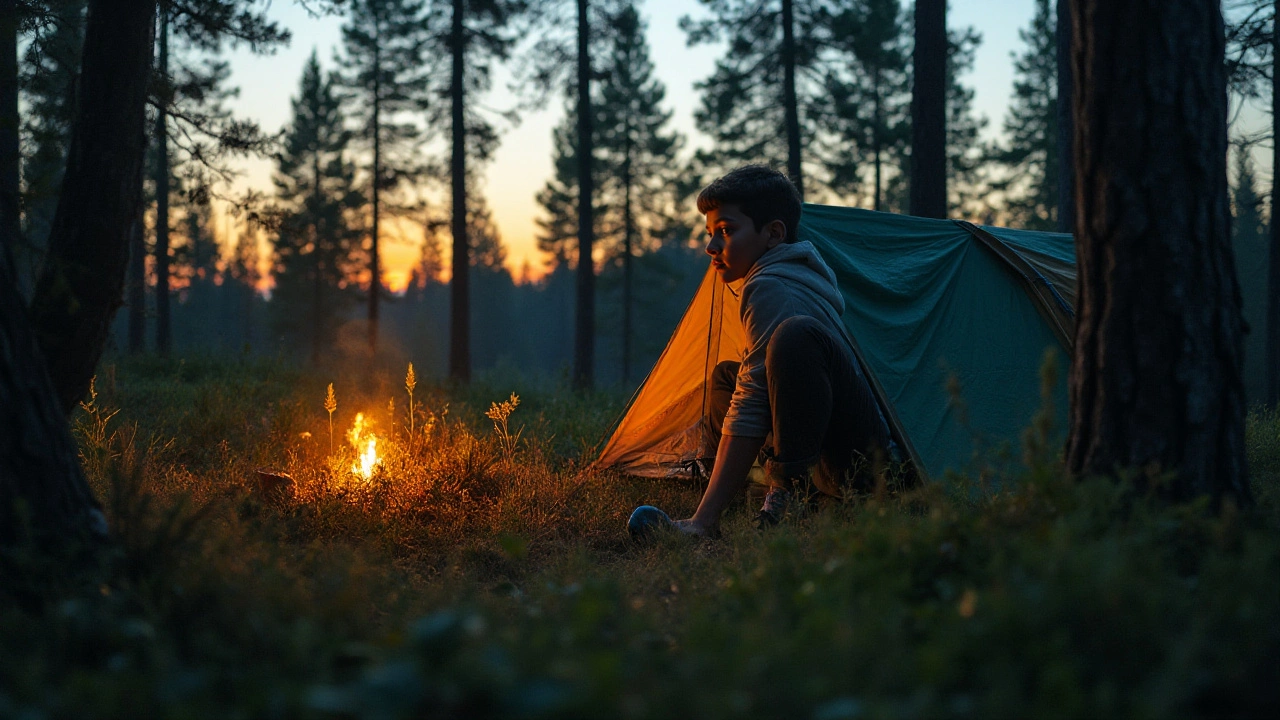Legality of Camping & Motorhome Travel: What You Need to Know
Thinking about hitting the road in a motorhome or sleeping in your car for a night? Before you pack up, you’ve got to know the rules that keep you out of trouble. From stealth camping in the UK to sleeping on the side of a Californian highway, the laws change a lot depending on where you are. Below we break down the biggest legal questions, give you quick answers, and point you to the most useful tricks for staying on the right side of the law.
UK: Stealth Camping, Wild Camping, and Forest Stays
In England and Wales most land is private, so you can’t just pitch a tent on a field without permission. The good news is that Scotland has a “right to roam” law, letting you camp almost anywhere as long as you respect the land. In the rest of the UK, you’ll need to stick to designated sites, landowner permission, or places that explicitly allow wild camping – like some national forests.
Stealth camping – pulling over somewhere quiet and sleeping in your motorhome with the lights off – is a gray area. If a landowner or local authority spots you, they can ask you to move, and you could be fined for trespassing. The safest bet is to use a legal campsite, a B&B with parking, or a caravan park that lets overnight stays. If you really want to go stealth, keep a low profile, stay under the radar, and be ready to leave in minutes if asked.
US: Roadside Sleeping, Beach Camping, and Boondocking
America’s rules are a mixed bag. In California you can often sleep in your vehicle on the shoulder of a highway, but many cities have ordinances that ban overnight parking. Beaches are even trickier – some allow cars to stay for a few hours, while others issue tickets the moment the sun sets. Always check the local parking signs and, when in doubt, call the city’s parking enforcement office.
Boondocking – camping for free on public land – works well on Bureau of Land Management (BLM) land and many national forests, but each agency sets its own stay limits (usually 14 days). Walmart parking lots are a popular spot for overnight stays, but they’re private property, so you need permission from the store manager. The rule of thumb: be polite, keep your spot tidy, and leave as soon as the store opens.
If you’re near a state forest, many allow “dispersed camping” – no hookups, no facilities, just a spot to park and sleep. Again, respect any posted limits, fire bans, and leave no trace. The biggest legal risk comes from staying too long or leaving trash behind, which can result in fines or being escorted off the land.
Bottom line: before you park anywhere, look for posted signs, check the local council or land‑manager website, and have a backup plan. A quick Google search with the town name + "overnight parking" usually pulls up the latest rules, and you’ll avoid an unwanted ticket.
These are the core legal ideas that show up across our tag’s articles – from "Is stealth camping legal in the UK?" to "Can you sleep on California roads?" and "Free beach camping in California". Keep them handy, plan ahead, and you’ll spend more time enjoying the open road and less time dealing with fines.
-
 VIEW POST
VIEW POSTIs Stealth Camping Legal in the USA? Understanding the Rules and Tips for Adventure Enthusiasts
Dec, 5 2024|0 CommentsStealth camping in the USA, a practice where campers sleep in unconventional locations without permission, is legal under certain conditions. This activity often involves avoiding detection by authorities or landowners, making it a thrilling experience for some. However, understanding local laws and federal regulations is essential to avoid legal trouble. Explore the nuances of stealth camping legality, its pros and cons, and valuable tips for a safe and enjoyable adventure.